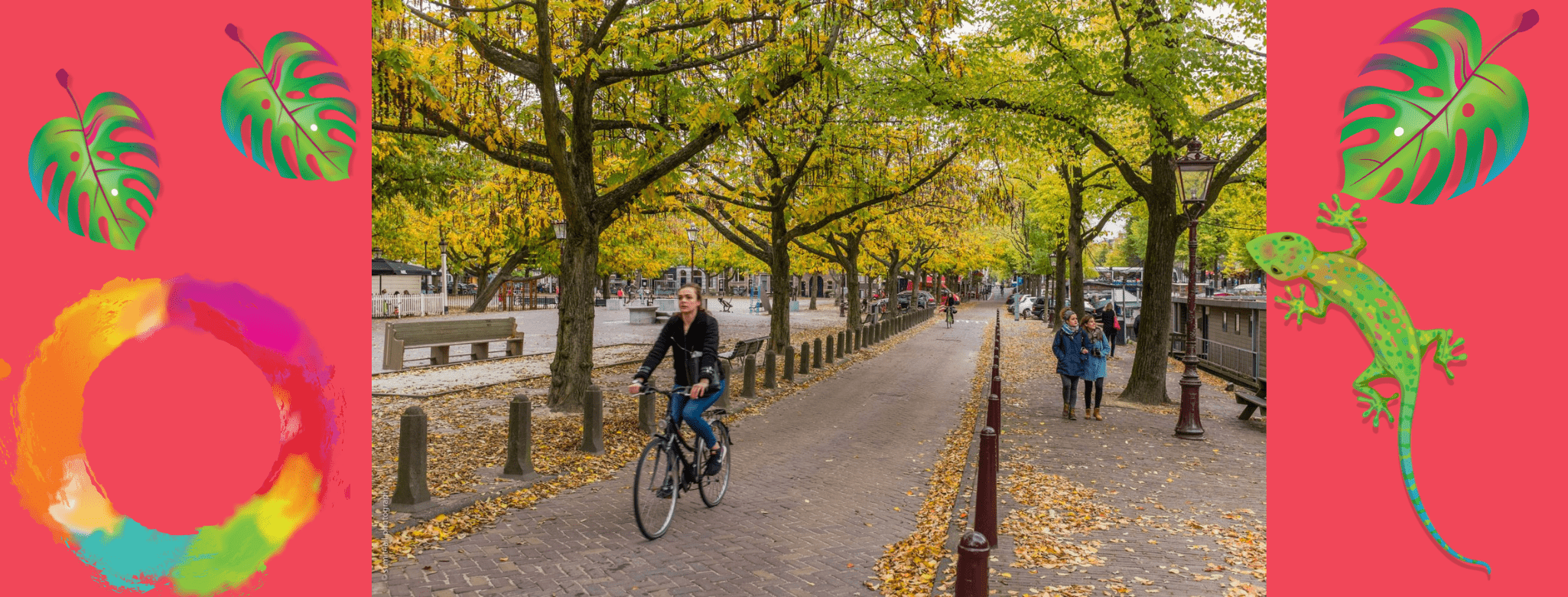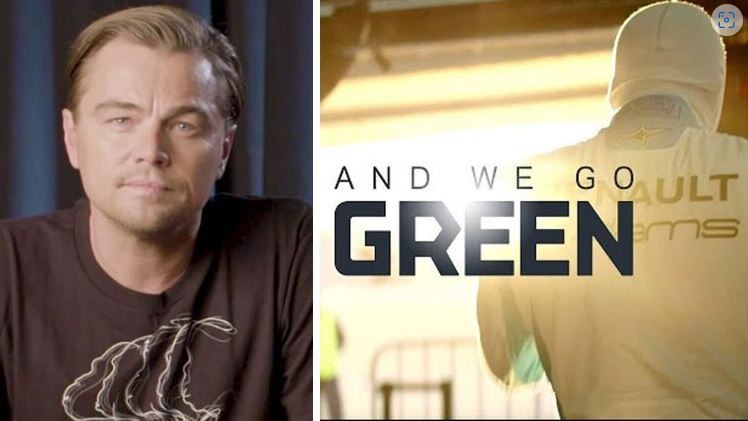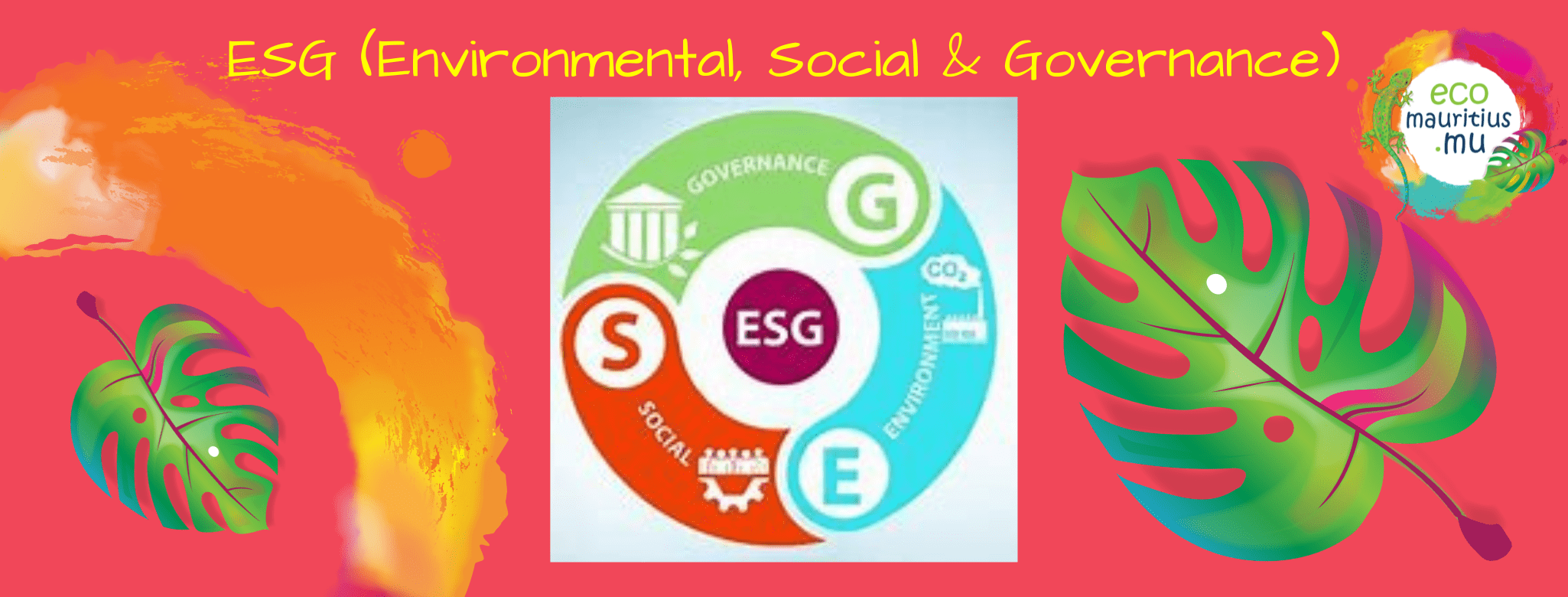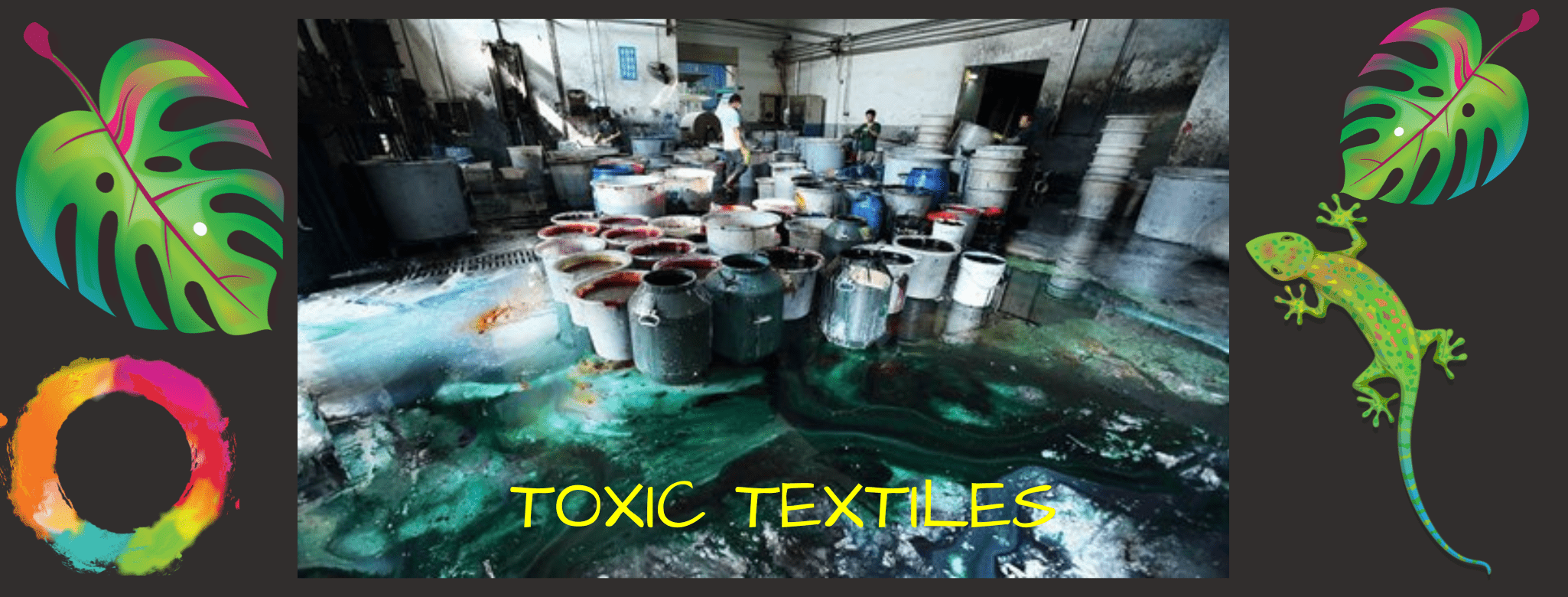
Sustainable transport can be defined as a means of transport that does not have a negative impact on the environment and does not use natural non-renewable resources to be powered. This includes both public and private transport using electricity, wind, hydrogen, solar power, and walking, of course….
During the last decades the increase greenhouse gases caused by transport pollution has become a public health issue. There is a critical need to reduce carbon dioxide emissions and enhance the quality of air, especially in urban regions.

Why choose other resources than petroleum-based fuel? Not only fossil fuels are extremely polluting but are not inexhaustible! There are today many alternative options to petroleum to power vehicles such as biofuels, solar power, hydrogen, and nuclear power. For short distances, people can also choose to walk or cycle, which is better for the environment as well as for the health!
Biofuels such as bioethanol are produced from the fermentation of plant materials, and from the recycling of vegetable oils (including hemp, yeast, animal fats and recycled grease when it comes to biodiesel. However, the main drawback for ethanol is that its production often relies on intensive cultivation of land that was formally tropical rain forest or on land that could have been used to cultivate food crops.

Solar power is one of the resources that drive more expectations for the future, but the use of batteries will always be needed, especially during night-time and in some regions of the world with few hours of daylight.
Hydrogen should be the winner as it is the most common element out there. It must be paired with fuel cell technology or improved internal combustion engines, with a zero-carbon emission is both cases. The only obstacle today to its popularity is the excessive costs. Hopefully, in the near future, there will some progress in technology that will allow to make it more accessible.
Nuclear power has always been considered as a clean alternative to other polluting fuels, but people gradually lost confidence because of the terrible accidents occurring in nuclear plants spreading radioactive waste, destroying lives of thousands of people living in these zones. After a pause in this sector, some countries like France have decided to restart producing nuclear energy again, but with intensified security and health protocols.
Until we reach the ideal clean transport, hybrid vehicles have become popular since the 1990s, even if it was invented at the very beginning of the 20th century… This type of vehicle combines a combustion engine with an electric engine.

Leonardo DiCaprio Produces ‘And We Go Green’ Documentary on Sustainable, Electric Car Racing – Vegos
Today, not travelling is clearly not an option, but the choice is yours to take the less polluting means of transport. Choose public transport rather than driving alone, or walk or cycle for short distances, for example.
In Mauritius, there is a raise in awareness about the need to reduce pollution caused by transport. But it is a huge challenge on the island. There is a massive volume of cars, uneven organisation of public transport – urban areas are well catered for, whereas people in rural areas are not adequately served-, big traffic jams at peak hours, there are also some households who will have two or more vehicles, most for the social recognition than for the need…

After more than 30 years of debates and several governments, the electric light rail system has finally been set up on the main urban line of the country, with the aim to spread further in the main rural regions at some point. This should help to reduce environmental pollution when it will become the routine of chosen means of transport versus individual cars and polluting old buses and should definitely help to improve road traffic.
The question of encouraging the use of electric cars is still controversial. Of course, electric cars are environmentally friendly, but in Mauritius, most of the electricity is produced from fossil resources…
Sources:
https://climate.selectra.com
http://www.earthtimes.org







